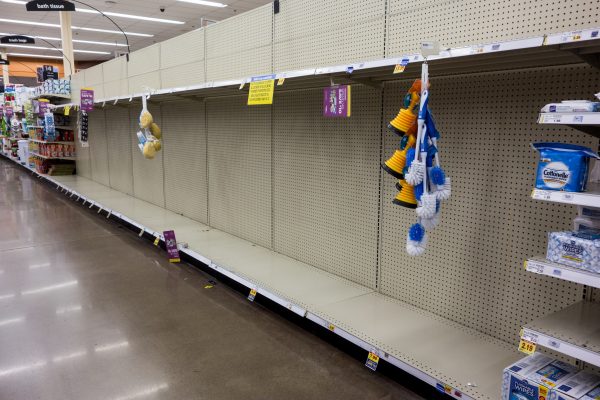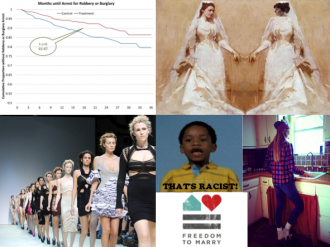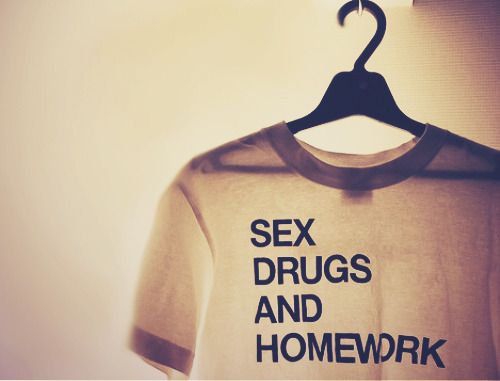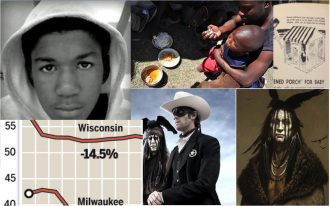In “celebration” of the most challenging academic semester of our lives, our summer grad editor Amy August challenged herself to write a column based only on recent and classic TSP titles. Here’s what she produced. Feel free to link to actual stories along the way!

During the Coronavirus Pandemic, it would be ludicrous to claim that there were No Big Surprises in the First Month. From the beginning, it started to seem like We Are Living In A Computer Simulation and that Computer Voices are “Calling the Shots:” We had to “Take Courage,” they said. And so we asked ourselves Why We are Uncomfortable Talking to Our Computers, and Whose Problem Is It? that we don’t have enough toilet paper. How can we continue Squatting with Dignity in India and everywhere else without Some Resources that are absolutely necessary? We started to imagine The bathroom of the future, pondering topics like, just How does a waterless urinal work? (But, then again, What’s Ikea for? if not supplying answers to these Big Questions.)
Education Under COVID-19 has changed as well, and even though our own American Parents Emphasize Hard Work, we’re still not used to seeing that Caring is Work. As teachers and TAs, there are at least Three Reasons You Might Be Exhausted Right Now, but probably many more. Nobody is good enough, and we may accomplish Perfection, but not Brilliance, no matter what we do. It seems that Students of All Backgrounds Prefer Teachers of Color, but also Community Building in the Classroom. After all, Online learning will be hard for kids whose schools close – and the digital divide will make it even harder for some of them.
We keep trying to be The Way We Still Never Were, but “Doing Nothing” During the COVID-19 Suspension of everything is not an option. Merely acclimating to the new “Normal” Is Not Good Enough. We must engage in Spring Cleaning, Food Shopping, and succumb to The Drain of Doing the Dishes. Make sure to Do Your Chores (Whatever They Are), lest you wind up living in a Care Vacuum. There really is No Rest for the Weary.
Moreover, we have entered a time When Breadwinning Is Not Enough; now we have to be Superheroes at work as well. We stretch the Definition of ’Hero’ when we say, “ This guy is my new hero!” everytime we go to the grocery store or convenient care. Yet we still don’t know How to Honor our Heroes adequately, and these Changes in How and When We Die are hard to handle.
But depending on Where You’re From? you may now face Too Many Choices with regard to your time. Some of us have traded in Working for the Long Weekend for the indefinite future. The appropriate answer to the question, “Whose Time is it?”: your time! Some of us have managed to combine Work + Leisure = Weisure quite effectively, after all. Others have used the time to become YouTuber Influencers. (What is an internet celebrity anyway?)
While some may be writing odes On Graduate School Misery, the TSP editors and grad board have handled all of this with Creative Resistance and The beauty and strength of Wonder Woman. As they say, The More Things Change. And we’ve gotta be at least Halfway There by now. To this, I say, Frack Yes! and make a (hopefully) Graceful Exit.




